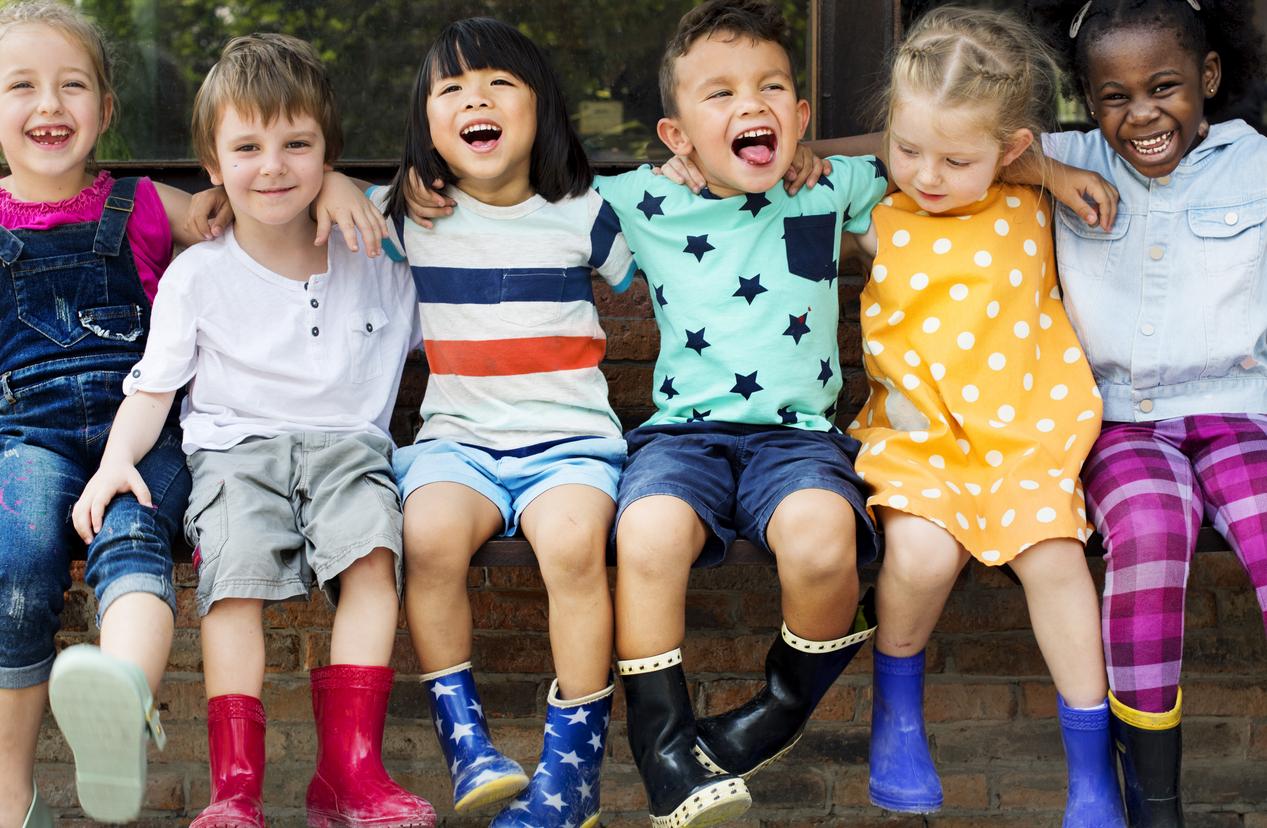Aggression in a child is a phase of his development which requires patience and kindness from adults.

Aggression often manifests itself through physical gestures (biting, hitting, pushing) before becoming more verbal with age. Understanding these behaviors and knowing how to respond to them in a caring manner is essential to help children better manage their emotions.
Aggression, a normal stage of development
Before the age of three, toddlers have not yet acquired all the skills to verbalize their emotions and frustrations. So when he bites or pushes a friend, he may simply be trying to express his displeasure or need for protection.
With the acquisition of language and the development of social skills, aggressive behavior gradually decreases. Around three years old, children begin to understand the notion of sharing, to listen to others and to express their emotions other than through physical gestures.
Adopt a caring attitude in the face of aggression
How adults respond to children’s aggression has a significant impact on how they learn to manage their emotions. When faced with a crisis, it is crucial to stay calm and avoid comments like “You’re mean” or “Stop being a baby,” which risk reinforcing aggressive behavior.
Instead, it is recommended to verbalize your emotions to help your child understand them better: “You are angry because you wanted the toy.” It is also beneficial to offer him alternatives to express his frustrations, such as teaching him to ask nicely for the toy or to wait his turn. You help him find peaceful solutions to conflicts.
Prevent and anticipate aggressive behavior
It is possible to prevent certain aggressive behaviors by creating a stable and secure environment with clear and consistent rules of life. For example, regularly reminding them of the rule “We don’t hit others” helps them understand the limits of their behavior.
It is also important to value the moments when he exhibits good behavior, such as sharing a toy or expressing his frustration with words.
Finally, remember that certain contexts can encourage aggression in children: if he is tired, overexcited or frustrated by a challenge that is too great for him, he may be more irritable. In these situations, it is essential to recognize your need to rest or calm down to regain your emotional balance.
Learn more: “Your Child’s Brain” by Daniel J. Siegel.

















